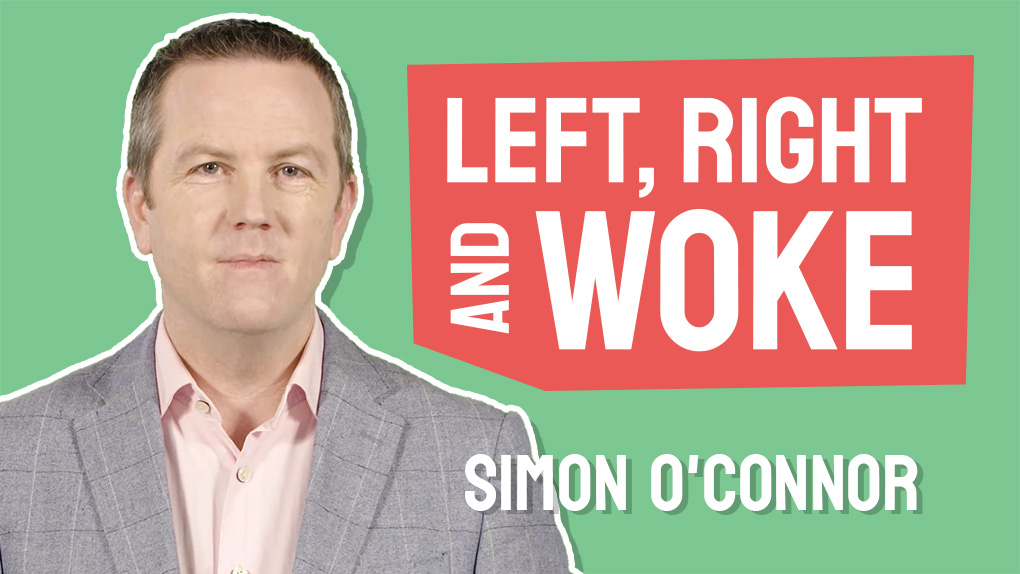Media Bias Exposed
David Farrar, Media Commentator, Pollster and Blogger, Curia Market Research
25 June 2023
To many Kiwis the media are not seen as disinterested reporters. They are often seen as employees of companies with ideological agendas who not only don’t understand New Zealanders who are not left-leaning, but show active hostility towards them. But does the research back up this view?
I want to talk about media bias in New Zealand. Now by media bias, I don’t mean that there is a cabal of journalists deliberately being biased, as you sometimes see in the United States. The bias I mean is unconscious bias, where many journalists have a worldview that makes it impossible for them to fairly report on values, beliefs and policies supported by people, not on the left of politics.
It has generally been accepted in many countries that more journalists lean left than right, but until recently, we have not had any hard data for New Zealand. Fortunately, the Worlds of Journalism Study in late 2022 has now provided some useful data through their survey of working journalists.
The study found a massive 81% of NZ journalists classified their political views as left of centre and only 15% as right of centre. So rather than have a 1:1 ratio of left-leaning journalists to right-leaning journalists, you have a 5:1 ratio.
This is in stark contrast to the New Zealand population. The 2020 election survey by Auckland University found 28% of respondents identified as left of centre and 43% as right of centre. So journalists are very unrepresentative of New Zealand in terms of political views.
New Zealand journalists were also far more likely to hold extreme left views. 20% of journalists said their political views are hard or extreme left, compared to 6% of adults. On the other side of the spectrum, only 1% said their political views are hard or extreme right compared to 10% of the adult population.
In the last few years we have also had the $55 million Public Interest Journalism Fund. This fund in no way requires journalists to report favourably on the government, but it does require journalism recipients to subscribe to the government’s views on the Treaty of Waitangi, which means that debate on the hugely important issue of the role of the Treaty of Waitangi is almost entirely absent from most of the New Zealand media.
A poll by my company Curia in March 2022 found that 59% of New Zealanders believed government funding of private media companies undermines the independence of media. This view was shared by people across the political spectrum by a majority of National and Act voters and a plurality of Labour and Green voters. The same poll found only 24% of New Zealanders support the Public Interest Journalism Fund.
The third and final piece of data of interest also comes from a Curia poll, which was conducted in early April 2023. It asked New Zealanders to state whether they thought various media outlets leaned right or leaned left or were neutral. The net leans left (so left-leaning minus right-leaning) for each outlet were:
- Stuff +18%
- The Spinoff +15%
- One News +14%
- Newshub +13%
- Radio New Zealand +7%
- NZ Herald +0%
- NewstalkZB -37%
- The Platform -30%
So the only major media outlet seen as broadly neutral was the NZ Herald. The two talkback stations were seen as leaning right, while both main television networks, Radio New Zealand, Stuff and The Spinoff, were seen as leaning left.
It was fascinating that a greater proportion of New Zealanders regard Stuff as leaning further to the left than The Spinoff.
This partly explains why trust in the media is so low in New Zealand. A poll late last year by Dynata found only 30% trust the media. I suspect it will keep dropping unless the media industry recognises it has a problem.
To many New Zealanders the media are not seen as disinterested reporters. They are seen as employees of companies with ideological agendas who not only don’t understand New Zealanders who are not left-leaning but show active hostility towards them.
In countries like the UK and the US, newspapers and broadcasters quite openly lean left or lean right. I regard that as preferable to the situation where a newspaper or broadcaster proclaims they are neutral, yet they are not.
It has become very fashionable for media companies (and non-media companies) to have diversity statements, expressing their desire to have newsrooms that reflect the ethnic diversity of New Zealand. It would be nice if, one day, they also expressed a desire to have newsrooms that reflect the political diversity of New Zealand.
I’m David Farrar, media commentator, pollster and blogger for The Common Room.




